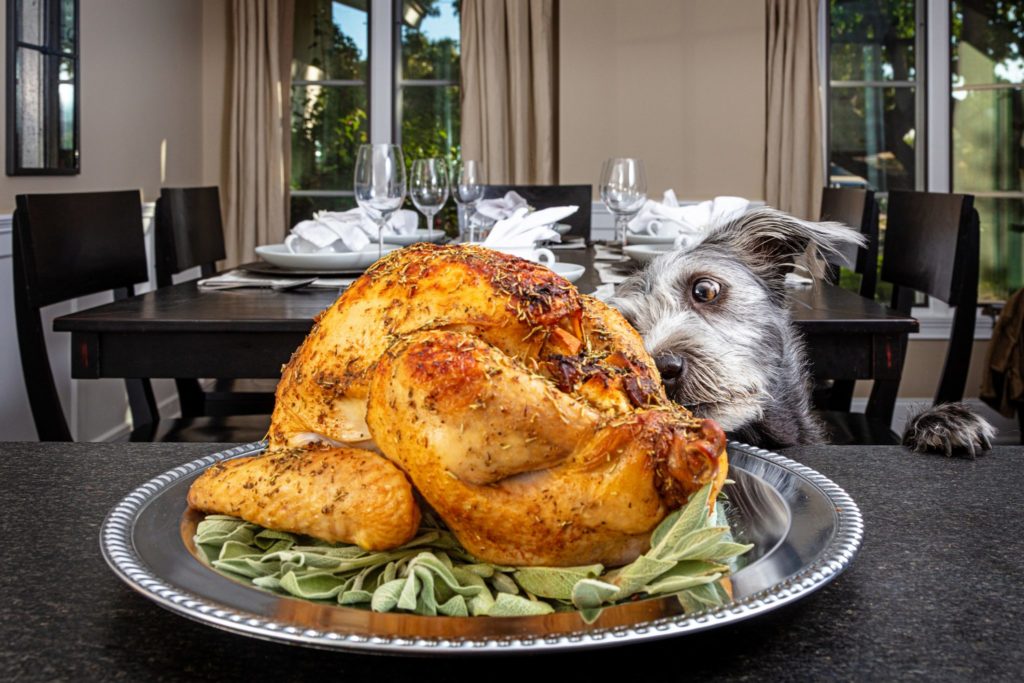If you’ve caught your dog licking their paws more often than usual, you might be wondering what’s going on. Occasional licking is normal, but when it becomes repetitive or intense, it may point to an underlying issue. From allergies and injuries to behavioral causes, frequent paw licking can be your dog’s way of trying to soothe discomfort or cope with stress. Below, we’ll cover the many possible reasons behind this habit, how to recognize when it’s a concern, and when it’s time to schedule a veterinary visit at VO Vets in Forth Worth or Trophy Club. Keep reading to learn more about what could be causing your dog to lick their paws and why it matters.
Common Reasons Behind Dogs Licking Their Paws
Dogs lick their paws for several reasons, and not all of them are cause for alarm. However, if the behavior increases in frequency, intensity, or begins to affect your dog’s skin or behavior, it could be linked to something more serious.
Allergies and Skin Sensitivities
One of the most common causes of a dog licking paws is allergies. Dogs can suffer from environmental, food, or contact allergies, all of which may trigger itchiness and irritation in their paws. This is especially true during seasonal changes, when pollen levels rise and grasses become more active irritants. Dogs with food allergies may also show symptoms through their skin, especially in their feet. Paw licking due to allergies can lead to redness, inflammation, or even secondary infections if left untreated. If your dog’s licking intensifies after walks or mealtimes, allergies may be a factor.
Foreign Objects or Minor Injuries
Small irritants such as grass seeds, splinters, burrs, or even tiny cuts can cause localized discomfort. Dogs instinctively lick their paws to clean wounds or remove debris. If your dog focuses on a specific paw, take a closer look for signs of swelling, limping, or a visible object lodged between the toes or pads. Persistent licking of one paw often indicates a specific injury or irritant, and it’s important to have it checked before it leads to further issues like infection.
Behavioral Causes for Paw Licking
When there’s no clear physical cause, the behavior may stem from emotional or mental stress. Dogs, like people, can develop coping mechanisms when they’re feeling overwhelmed or bored.
Stress and Anxiety
Some dogs lick their paws in response to anxiety or changes in their environment. This can include moving to a new home, being left alone for extended periods, or disruptions to their routine. Licking becomes a self-soothing behavior, similar to nail-biting in humans. If your dog’s licking coincides with stressful events such as thunderstorms, visitors, or schedule changes, it could be rooted in anxiety.
Boredom and Lack of Stimulation
Dogs that don’t receive enough physical exercise or mental engagement may resort to repetitive behaviors like licking. This is particularly common in intelligent or high-energy breeds that need more stimulation than they’re getting. Providing interactive toys, puzzle feeders, and daily walks can help reduce this kind of behavior. Paw licking caused by boredom often subsides when enrichment is introduced.
Medical Conditions That May Lead to Excessive Licking
In some cases, paw licking isn’t about something external. It can signal an internal health issue. Chronic or unexplained licking should always be evaluated by your veterinarian.
Parasites or Fungal Infections
Fleas, mites, and fungal infections like yeast can cause intense itchiness in dogs. The paws are a frequent target, especially between the toes and around the pads. Licking, chewing, and even biting at the paws may result in raw or swollen areas that worsen over time. Because these conditions require diagnosis and prescription treatment, a veterinary visit is the best course of action if you suspect parasites or skin infections.
Pain or Arthritis
Older dogs may begin licking their paws due to joint pain or arthritis, even if the pain isn’t located in the paw itself. Dogs often focus on an area that feels uncomfortable, even when the origin is deeper in the limb or joint. If your dog is aging or showing signs of mobility issues, paw licking might be part of how they express discomfort. It’s a subtle but important sign to bring up during a veterinary exam.
When Is Paw Licking a Problem?
While occasional licking is completely normal, there are a few signs that suggest it’s time to call VO Vets for a closer look. Left unaddressed, constant licking can lead to skin damage and infection.
Signs to Watch For
- Persistent licking of one paw or all paws
- Redness, swelling, or sores on the paws
- Limping or favoring one leg
- Hair loss around the toes or pads
- Bad odor from the paws (possible sign of infection)
- Changes in behavior such as restlessness or hiding
If you notice any of these signs, it’s time to schedule an exam at our Fort Worth or Trophy Club location. Our team can help determine the underlying cause of your dog’s licking and provide a treatment plan tailored to their needs.
Diagnosing the Cause of Dogs Licking Paws
Identifying why your dog is licking their paws often begins with a physical exam and a thorough conversation about their environment and habits. A step-by-step approach can help uncover what’s going on.
What to Expect at the Vet Visit
Your veterinarian may begin by inspecting your dog’s paws, pads, and nails for signs of trauma, foreign bodies, or infection. Depending on what they find, diagnostic tests might include:
- Skin scrapings or cytology
- Allergy testing
- Bloodwork
- Food elimination trials
In some cases, your vet may also examine your dog’s joints or mobility to rule out arthritis or orthopedic conditions.
Treatment Options Depend on the Cause
Once the reason behind your dog licking paws is identified, treatment may vary from simple changes at home to veterinary-prescribed medications. Your vet may recommend anti-itch shampoos, topical creams, antibiotics, antifungals, parasite control, or allergy management based on your dog’s condition. For behavioral causes, the solution may involve increased exercise, more consistent routines, or help from a professional trainer.
Helping Your Dog Feel Comfortable Again
Licking is often a dog’s way of telling you something isn’t right. Whether it’s an allergic response, behavioral concern, or developing health issue, it’s important to respond quickly and thoughtfully. If your dog has started licking their paws more than usual, call VO Vets at one of our locations in Fort Worth or Trophy Club to schedule an appointment. Our team is here to uncover what’s behind the behavior and help your dog feel more comfortable. You can also book a visit online at your convenience. We’re always ready to support your pet’s care!



